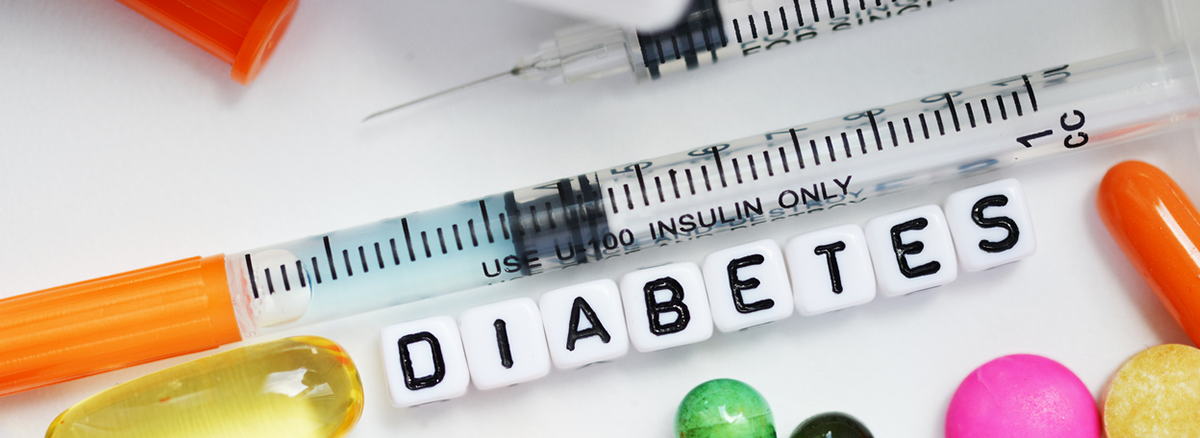- January 19, 2022
- BryanAcosta
- Comment: 0
- blog
When someone has diabetes, their body cannot produce or use insulin effectively, which leaves more glucose in their bloodstream. Insulin is like a taxi for blood sugar—it takes glucose from blood and directs it to our cells, which finish the job by converting it to energy.
According to the CDC, 463 million adults worldwide have diabetes. In the United States alone, 34.2 million adults have diabetes, approximately 10.5% of the population.
What is the cause of diabetes?
The underlying cause of diabetes varies by type, but no matter what type you have, the common trait is blood sugar imbalance.
Type 1 diabetes occurs when your immune system, the body’s system for fighting infection, affects the insulin-producing beta cells of the pancreas. Scientists believe type 1 diabetes is caused by genes and environmental factors, such as viruses, that might trigger the disease.
Type 2 diabetes, the most common form, is caused by several factors including lifestyle and genes. Type 2 diabetes usually begins with insulin resistance, a condition in which muscle, liver, and fat cells do not use insulin well. As a result, your body needs more insulin to help glucose enter cells. At first, the pancreas makes more insulin to keep up with the added demand. Over time, the pancreas can’t make enough insulin, and blood glucose levels rise.
You are more likely to develop type 2 diabetes if you are not physically active and are overweight or obese. Extra weight sometimes causes insulin resistance and is common in people with type 2 diabetes. The location of body fat also makes a difference. Extra belly fat is linked to insulin resistance, type 2 diabetes, and heart and blood vessel disease.
How does Blood Sugar and Diabetes Work?
With diabetes, your body blood sugar (also called blood glucose) levels rise higher than normal. This is also called hyperglycemia. When you eat, your body breaks food down into sugar and sends it into the blood. Insulin then helps move the sugar from the blood into your cells.
Gestational diabetes is diabetes that develops during pregnancy. For most women, blood sugar levels will return to normal after giving birth. If you experienced gestational diabetes during pregnancy, you are at a higher risk for developing type 2 diabetes later in life.
How does Blood Pressure and Diabetes Work?
Diabetes and high blood pressure (hypertension) often occur together. According to the American Heart Association, nearly half of Americans over the age of 20 have high blood pressure.
Over time, diabetes can damage the small blood vessels in your body, causing the walls of the blood vessels to stiffen. This increases pressure, which leads to high blood pressure.
The combination of high blood pressure and type 2 diabetes can greatly increase your risk of having a heart attack or stroke. Having type 2 diabetes and high blood pressure also increases your chances of developing other diabetes-related diseases, such as kidney disease and retinopathy.
Chronic high blood pressure can also contribute to early onset of conditions such as Alzheimer’s disease, dementia, and stroke because the blood vessels in the brain are particularly susceptible to damage due to high blood pressure.
How does circulation and diabetes work?
The circulatory system is responsible for the delivery of blood, and therefore glucose in the blood, to the entire body. While decreased blood flow and poor circulation can be a symptom of several medical problems, one of the most common is diabetes.
In many cases, high glucose levels are the culprit. Over time, high glucose levels in your blood can cause damage to the lining of your small blood vessels, impeding your circulation.
Can diabetes be reversed?
Through diet changes and weight loss and some other natural methods, some individuals are able to achieve and maintain normal blood sugar levels without medication.
Diabetes can be most effectively managed when diagnosed early. However, when left untreated, it can lead to potential complications. If you work closely with your doctor and make good lifestyle choices, type 2 diabetes can be successfully managed.


